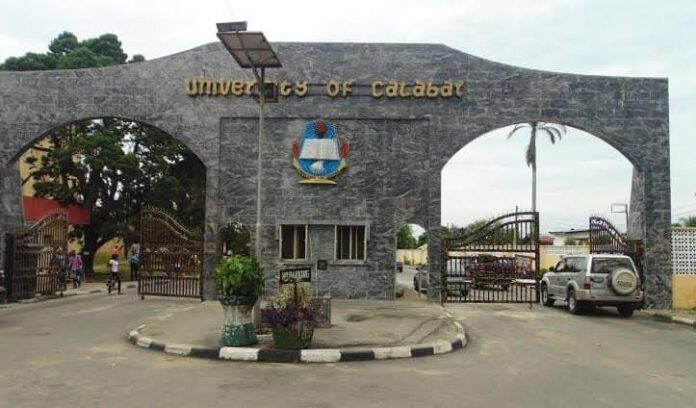Nestled in the serene city of Calabar, the University of Calabar (UNICAL) stands as one of Nigeria’s premier federal universities, attracting aspiring students from across the nation. However, beneath its lofty reputation, UNICAL suffers from significant flaws in its educational system, leaving its students frustrated and disenchanted. The recent debacle surrounding the unavailability of the examination timetable for imminent exams serves as a stark reminder of the university’s inadequate approach to education management.
Lack of Transparency:
One of the fundamental pillars of an effective educational institution is transparency. Unfortunately, UNICAL has consistently failed in this regard. The absence of a timely and accessible examination timetable for students is a clear indication of the university’s disregard for effective communication. Students are left in a state of confusion and anxiety, unsure of when and where their exams will be held. This lack of transparency undermines the students’ ability to adequately prepare for their assessments, resulting in unnecessary stress and compromised academic performance.
Inefficiency in Administrative Procedures:
UNICAL’s administrative procedures have long been a source of frustration for students. The delayed release of the examination timetable is just one example of the systemic inefficiencies that plague the university. Enrollment processes, course registration, and access to academic resources are often marred by bureaucratic red tape and long waiting periods. These inefficiencies hinder students’ ability to plan their academic journeys effectively and contribute to a subpar learning experience.
Inadequate Quality Assurance:
A reputable educational institution should prioritize quality assurance to ensure that students receive a well-rounded education. However, Unical’s lackluster approach to quality control is evident in the disarray surrounding the examination timetable. It raises questions about the university’s commitment to providing a standardized and equitable assessment process. Without robust quality assurance mechanisms, Unical risks compromising the value of its degrees and failing to meet the expectations of students and potential employers.
In conclusion, While the University of Calabar may have garnered a reputation as a prestigious federal institution, the recent frustrations surrounding the unavailability of the examination timetable shed light on the systemic flaws within its educational system. Unical’s lack of transparency, administrative inefficiencies and poor quality assurance measures collectively contribute to a subpar learning experience for its students. It is high time that the university’s administration addresses these critical issues and takes proactive steps to revamp its educational policies and practices. Only then can Unical truly live up to its reputation and provide a conducive environment for learning and growth.
Ndoma Akunubor writes from Nigeria










